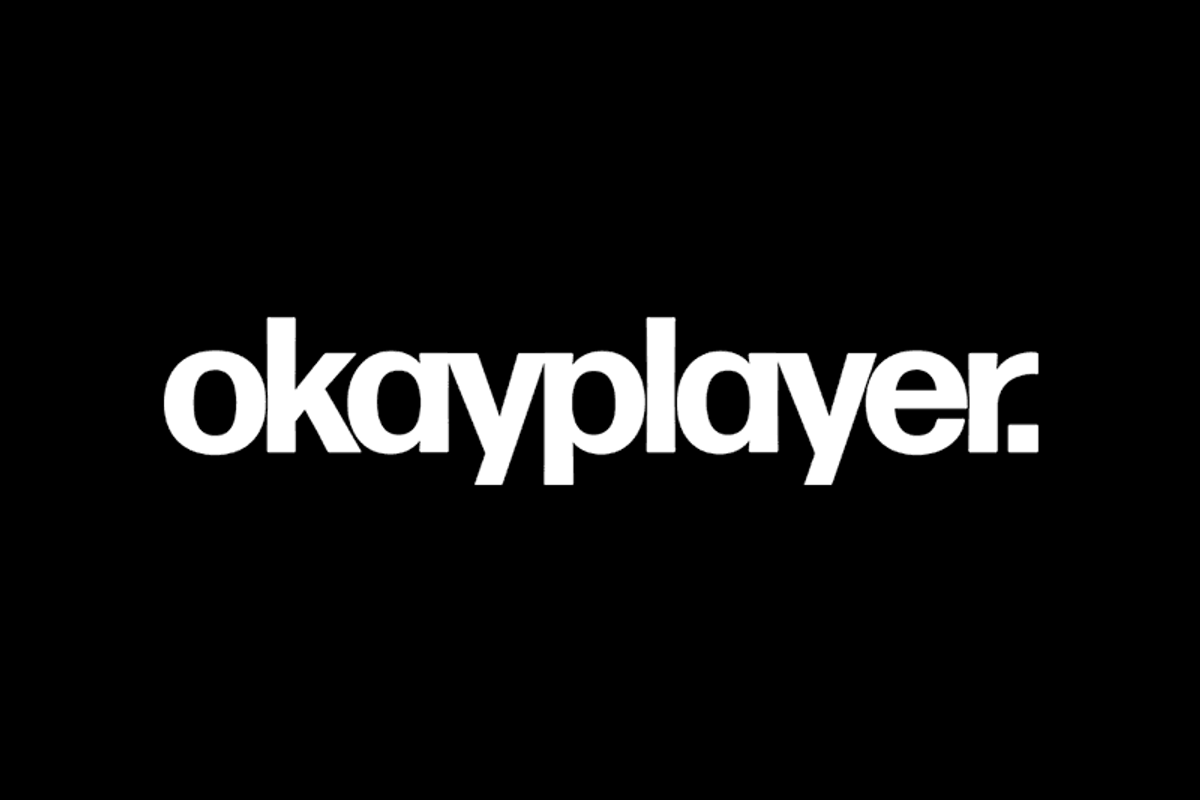
Reality Check: Rihanna x Drake's "Work" Is Not 'Tropical House'--It's Dancehall!
To continue reading
Create a free account or sign in to unlock more free articles.
By continuing, you agree to the Terms of Service and acknowledge our Privacy Policy
Register
The content is free, but you must be subscribed to Okayplayer to continue reading.
THANK YOU FOR SUBSCRIBING
Join our newsletter family to stay tapped into the latest in Hip Hop culture!
Login
To continue reading login to your account.
Forgot your password?
Please enter the email address you use for your account so we can send you a link to reset your password:

Rihanna's long-awaited Drake collabo "Work" (the dancehall-inflected slow-winder that served as the trumpet announcing the arrival of her long-awaited new LP ANTI--listen here) is emblematic of a disturbing trend in pop music. Dancehall seems to have taken over the world (again)--but in the absence of any actual crossover artists (Exhibit A Justin Bieber's Diplo/Skrillex-produced dancehall ballad "Sorry"). "Work"continues the trend--but having been made by two artists who have made no secret of their love for reggae, you might think it might be the track that connected the dots for the general listening public. Yet, in describing it the mainstream music press seems to be bending over backwards in limbo-like contortions to avoid using the term, in one notable case even reaching for the not-really-a-thing genre term 'Tropical House' as preferable to noting the song's (and Rihanna's) undeniable Caribbean influence.
LargeUp editor Jesse Serwer stepped up yesterday with this dead-on analysis in his semi-regular Check It Deeply column, tracing the song's paternity definitively to a specific late '90s Jamaican riddim:
Dancehall listeners have noted the similarities between producer Boi-1da’s beat and Richie Stephens’ Sail Away riddim, which spawned the Beenie Man and Mr. Vegas collaboration “Badman Nuh Flee” and Sean Paul’s “Fit and Legit” in 1998.That “Work” bears an undeniable resemblance to a mid-level, late-’90s dancehall instrumental is not something one could have predicted, yet it is not surprising. We were already anticipating a dancehall influence on Rihanna’s upcoming album, Anti(which is reportedly about to drop this week, too). It’s no secret that the Bajan singer’s team has been soliciting input from dancehall producers and artists in Jamaica. Not that she can’t find the links between pop and dancehall herself. A soca-loving daughter of Barbados who knows how to do the Puppy Tail dance, Rihanna is better versed in Caribbean music and culture than any other pop star (including Nicki Minaj) and, likely, anyone on her production and management teams. (She probablyknows the words to this one, too.)
“Work” producer and long-time Drake collaborator Boi-1da is himself a product of Kingston. (Though he only lived there til age three, and has said he’s never been back). He’s been adding dancehall influences into his sound more recently, having last year produced Kendrick Lamar’s “The Blacker The Berry,” the To Pimp A Butterfly single which featured an unexpected cameo from dancehall star Assassin.
However, the similarities between “Work” and Sail Away (which itself was based on a melody from Alexander O’Neal’s “If You Were Hear Tonight”) —as well as the patois (“yuhzeeme”) and Caribbean intonation sprinkled throughout the song by both Rihanna and dancehall super-fan Drake (who slyly drops the term forward into his verse) — are likely lost on most who heard “Work” this morning, including music experts. Write-ups on the track, such as this one in Rolling Stone, have more often identified the song with terms like “tropical house-flavored.”
>>>Read More/Stream 'Sail Away' Riddim (via LargeUp)
To my earphones, "Work" might be even better described as a cross between Sail Away and Salaam Remi's 2000 Acid Hall riddim (listen below). But if anything, the fact that the track's maternal DNA is also from the West Indies just underscores the point. As LargeUp has knowledgeably documented (here and elsewhere) Bajan-born Robyn Fenty's oevre is shot through with Caribbean tropes, beginning with her breakout single "Pon De Replay"--so why can't we talk about it?
It seems yet another glaring example of black creativity and Afro-diasporic culture being subject to a program of deracination even as it is adopted and duplicated worldwide in a sort of cultural kleptonesia. Cynics will point out this is nothing new. And yet...is this really where we're at in 2016? Can dancers in Ibiza and Vegas really only truly leggo to the sounds of Caribbean rhythms if they are presented as something else? What would mess up their vibe, exactly--an uncomfortable identification with the artform's creators? Yes, the history of "western" music is littered with similar cases of "emulate and demonize" from Handel's "Sarabande" to Pat Boone singing "Tutti Frutti." But, No. We are not crazy to expect that this process should end here. Let dancehall be the last bashment that dare not speak it's name.